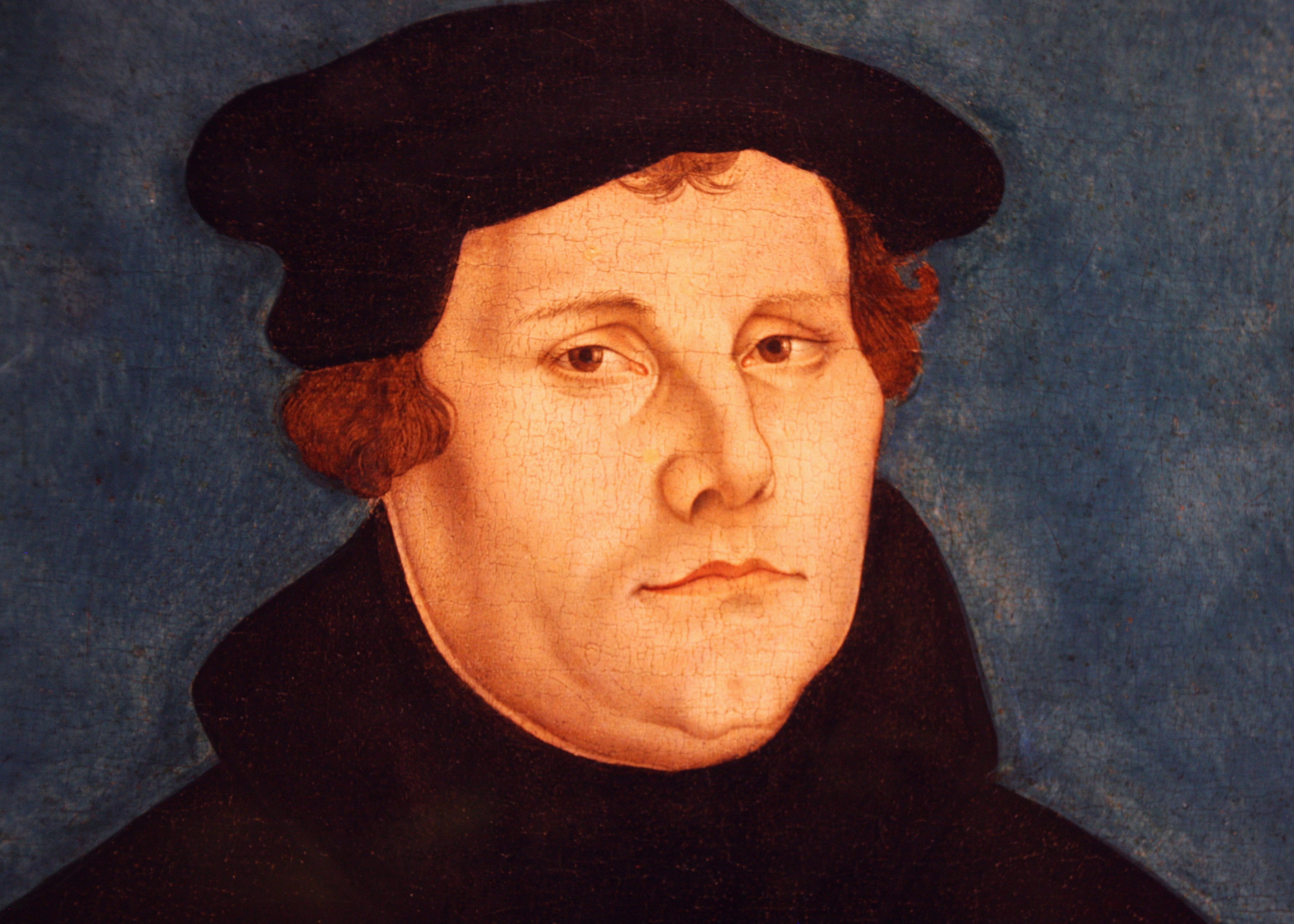unit 2 ap euro bug big exam (not done at all)
1/59
There's no tags or description
Looks like no tags are added yet.
Name | Mastery | Learn | Test | Matching | Spaced |
|---|
No study sessions yet.
60 Terms
Martin Luther (1483-1546)
A German monk (Protestant Reformation), Martin Luther challenged the Catholic Church's practices by advocating for salvation is through faith alone, only scripture has authority, the individual should interpreting the bible, and his 95 Theses (1517) criticized Church abuses and led to the rise of Lutheranism.

95 Thesis (early 16th Century)
Caused by the corruption in the Catholic Church (especially indulgences), effected religious fragmentation (Division/Splitting of a religion) of Catholic; diminished Church authority. Sparked the protestant reformation (Early 16th - Mid 17th C.E) by challenging Church doctrines and practices, leading to the establishment of various Protestant denominations (sub cetegory’s)
Question: Which of the following best explains why the 95 Theses had a significant impact across Europe?
A) They reinforced Catholic teachings on indulgences.
B) They promoted loyalty to the Pope.
C) They criticized church corruption and spread rapidly due to the printing press.
D) They were limited to elite academic debates and had little public effect.
Diet of Worms (Early 16th century)
German Peasants’ War (Early to Mid 16th Century)
Reformation ideals, peasants revolted against feudal oppression. Luther opposed the violence, alienating lower-class support.
Augsburg Confession
Act of Supremacy (England)
Dissolution of the Monasteries (England)
Catholic Reformation/Counterreformation Begins (Mid 16th– mid 17th)
Pope Paul III (mid 16th C.E) established the Roman Inquisition to arrest and execute heretics (Inspired by the Machiavellian way)